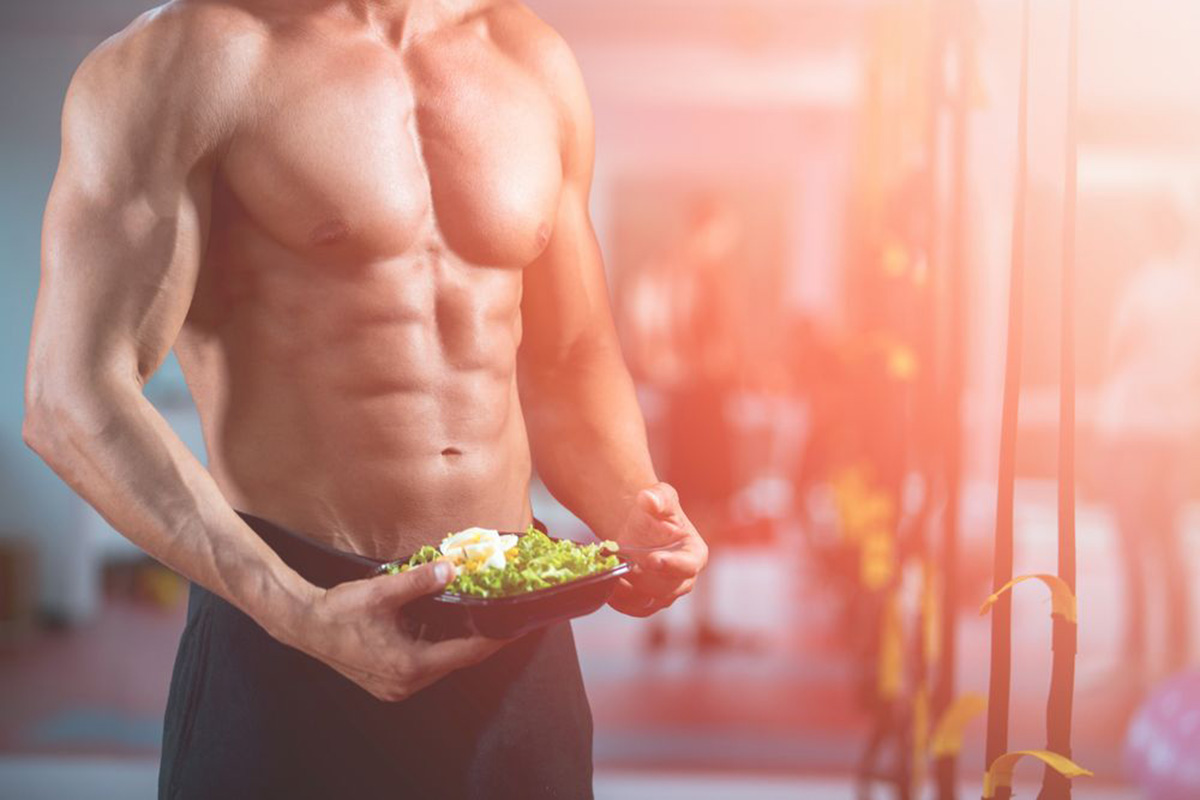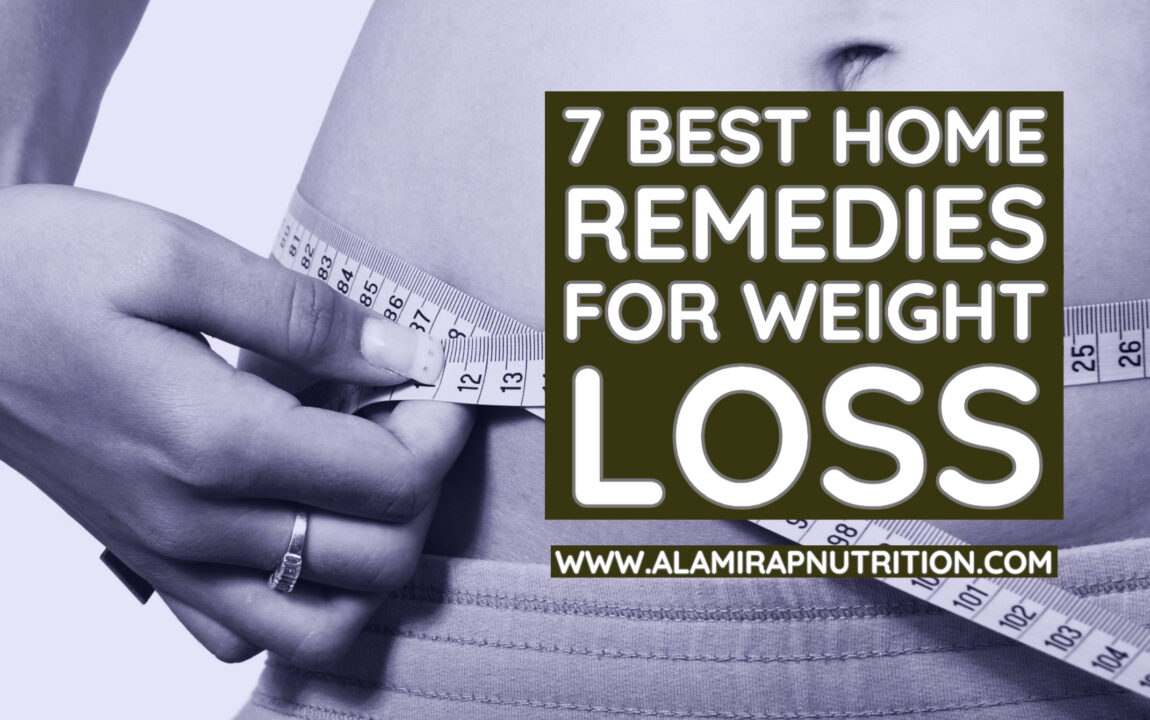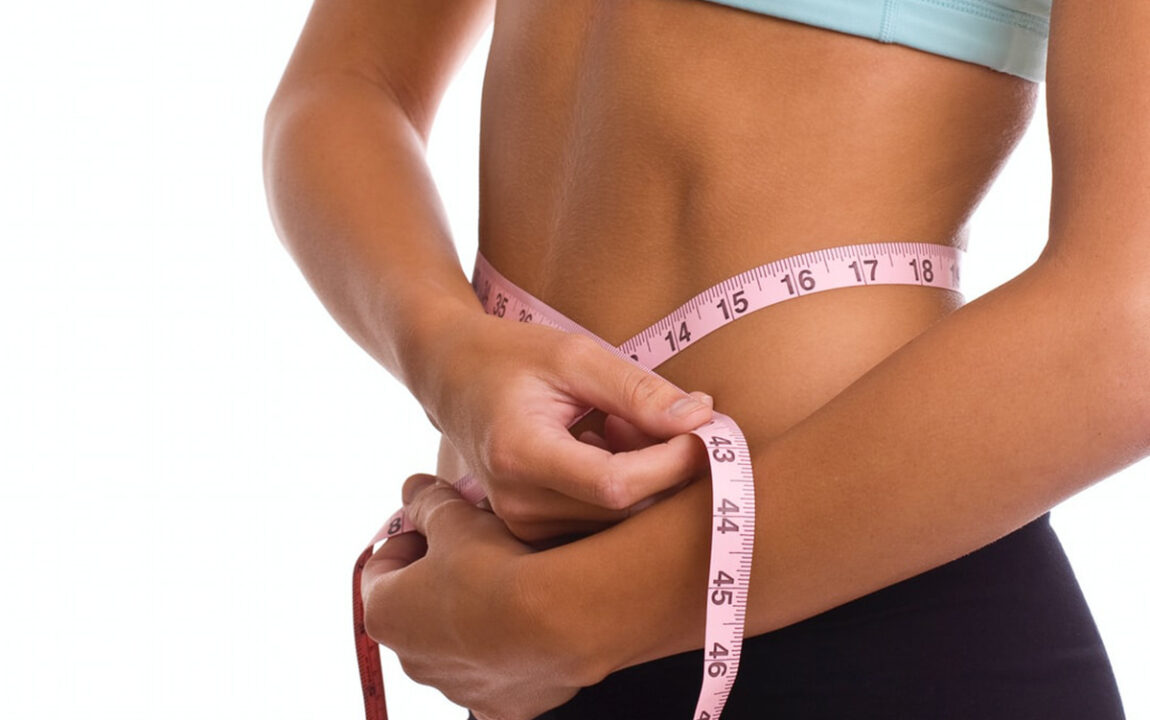
Are you looking for the best bodybuilding nutritionist in India?
If your answer is YES, then you are on the right page.
Whether recreational or competitive, or your goal is bulking or cutting; in order to maximize your bodybuilding results, planned nutrition is of utmost importance. This is where we can step in with tailor-made plans according to your health vision.
Bodybuilding is a lifestyle, whether you do it for competitions or recreation. It involves weightlifting and nutrition to build your body’s muscles.
Both times you spend in and outside the gym are important for your bodybuilding lifestyle.
When it comes to choosing a diet plan, the best person to rely on would be a bodybuilding nutritionist.
Bodybuilding nutrition can maximize your results from the gym.
It’s extremely important that you know which foods are right for you and which aren’t.
Here, we will explain what to eat and avoid on a bodybuilding diet so that you get a better idea before consulting your bodybuilding nutritionist.
#1 Bodybuilding Basics
Bodybuilding focuses more on an individual’s physical appearance rather than physical strength. It differs from powerlifting or Olympic lifting in this regard.
Hence, developing and maintaining a well-balanced, lean, and muscular physique becomes the primary focus of a bodybuilder.
To accomplish it, many bodybuilders follow bulking and cutting phase, which is basically an off-season followed by an in-season way of eating.
The bulking phase can last months to years and during this phase, the bodybuilders follow a high-calorie, protein-rich diet.
Along with it, they lift weights intensely with the goal of building as much as possible.
During the cutting phase, they try to lose the excess fat while maintaining muscle mass developed during the bulking phase.
Hence, a specific change in diet and exercise over a period of 12–26 weeks is very important.
#2 Calorie Needs and Macronutrients
Bodybuilders consume more calories in the bulking phase than in the cutting phase. One can use a calorie tracking app to determine how much calorie the body needs during these two phases.
However, consulting a bodybuilding nutritionist can be the best thing as there are chances of risks in this diet. Experts suggest that you increase your calorie intake by 15% during the bulking phase and decrease the same during your cutting phase.
In between these two phases, adjusting your calorie intake gradually or monthly is recommended.
#3 Macronutrient Ratio
For bodybuilding, consuming 30–35% of calories from protein, 55–60% of calories from carbs, and 15–20% of your calories from fat are recommended.
For instance, suppose you require 3,450 kcal during your bulking phase and 2,550 kcal during your cutting phase.
You will need 259–302 gm protein, 474–518 gm carbs, and 58–77 gm fat during your bulking phase. 191–223 gm protein, 351–383 gm carbs, and 43–57 gm fat during your cutting phase are required.
#4 Foods to Eat
Foods that are ideal for gaining muscles are protein-rich and these include sirloin steak, ground beef, pork tenderloin, venison, chicken breast, salmon, tilapia, and cod. Dairy products like yogurt, cottage cheese, low-fat milk, and cheese are ideal.
Also, foods with balanced carbs such as bread, cereal, crackers, oatmeal, quinoa, popcorn, and rice are ideal.
You need to take fruits such as oranges, apples, bananas, grapes, pears, peaches, watermelon, and berries. Starchy vegetables such as potatoes, corn, green peas, green lima beans, and cassava are necessary.
Broccoli, spinach, leafy salad greens, tomatoes, green beans, cucumber, zucchini, asparagus, peppers, and mushrooms are ideal.
Seeds and nuts like almonds, walnuts, sunflower seeds, chia seeds, and flax seeds can regulate your body weight.
Chickpeas, lentils, kidney beans, black beans, and pinto beans are good for bodybuilding. Olive oil, flaxseed oil, and avocado oil are also important.
#5 Foods to Avoid
Foods and fluids with alcohol and added sugars are a strict no. Candy, cookies, doughnuts, ice cream, cake, sugar-sweetened beverages, and even some sports drinks contain sugar.
Deep-fried foods can also have a negative impact on your bodybuilding diet and health. High-fat, high-fiber and high-carb foods should be avoided specifically before heading to the gym.
Many bodybuilders consume dietary supplements such as whey protein, creatine, and caffeine. Multi-vitamin and mineral supplements are also preferred by some bodybuilders.
However, it is essential to consult a bodybuilding nutritionist before blindly following this trend.
#6 Glucose Level Assisted Monitoring Diet
Are you looking for a bodybuilding nutritionist to boost your upcoming sessions?
We at AlaMirap Nutrition provide a glucose level-assisted monitoring diet, the most advanced scientific technique discovered by our team of doctors, registered dietitians, physiotherapists, gym trainers, and yoga instructors.
So, why wait anymore?
Explore our website and contact us to know about our services and packages.


